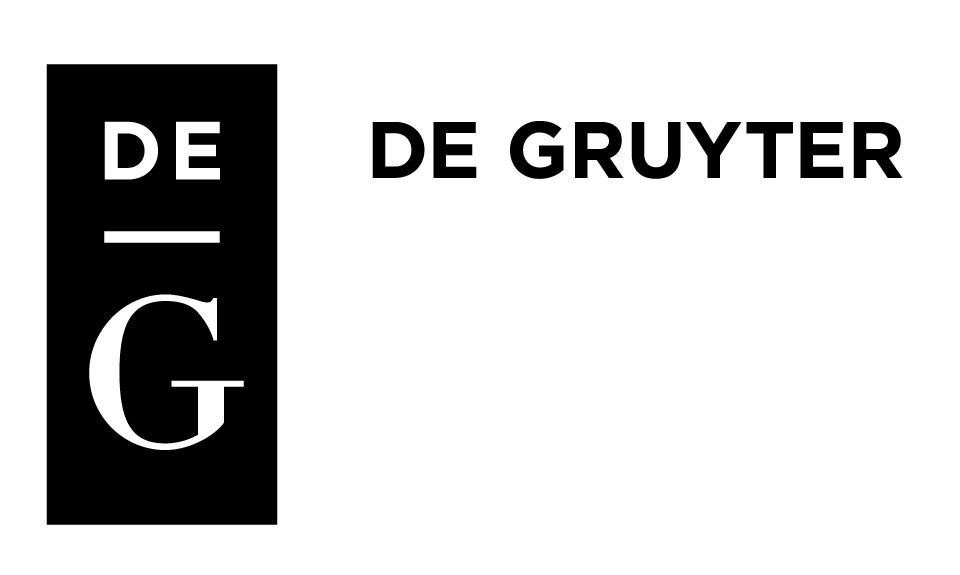The Role of Authors
While there are no universally accepted standards for assigning authorship, De Gruyter is committed to the highest standards to ensure the legitimacy and quality of our published research.
What Does Authorship Mean?
Authorship, in its simplest form, endows the author of a work with the credit of its creation. With this credit, however, also comes the responsibility and accountability for the published piece and its content.
At De Gruyter, we strongly support that any individual who has substantially contributed to a published paper or work is given the appropriate credit. We also believe authorship should more clearly define the scope of each author’s contribution to a project.
Who is an Author?
An author is an individual who meets the following criteria:
Has provided a substantial contribution to the concept or execution of a published piece, data acquisition, analysis or interpretation, guidance, writing, or critical revision of the work;
Is accountable for the submission and is willing to take responsibility and ownership for the originality, accuracy, and integrity of the work as a whole; and
Will only receive authorship credit once approval for the final version has been given.
In the case of co-authors, each author must be able to identify which co-author is responsible for different elements of the work and be willing to take responsibility for their respective contributions to a piece.
If an individual does not meet these criteria, they do not have authorship and are therefore not considered authors. Those who do not meet these criteria should still receive acknowledgement for their contribution to the published work.
Who is a Corresponding Author?
An individual who acts as an intermediary between the authorship team and the publishing house, and who handles the following:
Communication with the co-authors throughout the submission, review, and production process regarding the status of the manuscript;
Final approval from all authors which is submitted to them directly; and
Is responsible for taking accountability for the originality, ownership, accuracy and integrity of every part of a work.
A corresponding author who signs the Publisher’s Agreement is legally responsible and grants exclusive rights for the use of an article. The corresponding author must be authorised by all co-authors to sign the Publisher’s Agreement on their behalf and must communicate all the terms of the Agreement with them.
Who is a Gift Author?
A gift author is an individual who has received authorship but has not met any of the criteria to be recognised as an author. This is seen as an unethical practice. Someone is considered a gift author when:
The individual in question has made no intellectual contributions to the manuscript
Has made a contribution but does not meet any of the criteria for authorship
Non-Author Contributions
While an individual may have contributed to a piece and failed to meet the bar for authorship, their contributions towards the work must still be recognised. People who must receive an acknowledgement credit include those who were involved in any of the following:
Acquired funding
Supervised the research
Provided administrative support
Were involved with technical editing, language editing, proofreading, or some other aspect of the writing process
Find Out More About Authorship
To ensure you correctly understand the criteria for authorship and are correctly credited for your work on a submission to De Gruyter, contact our team.
